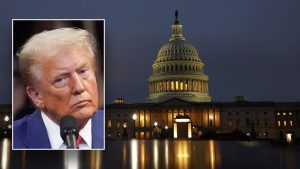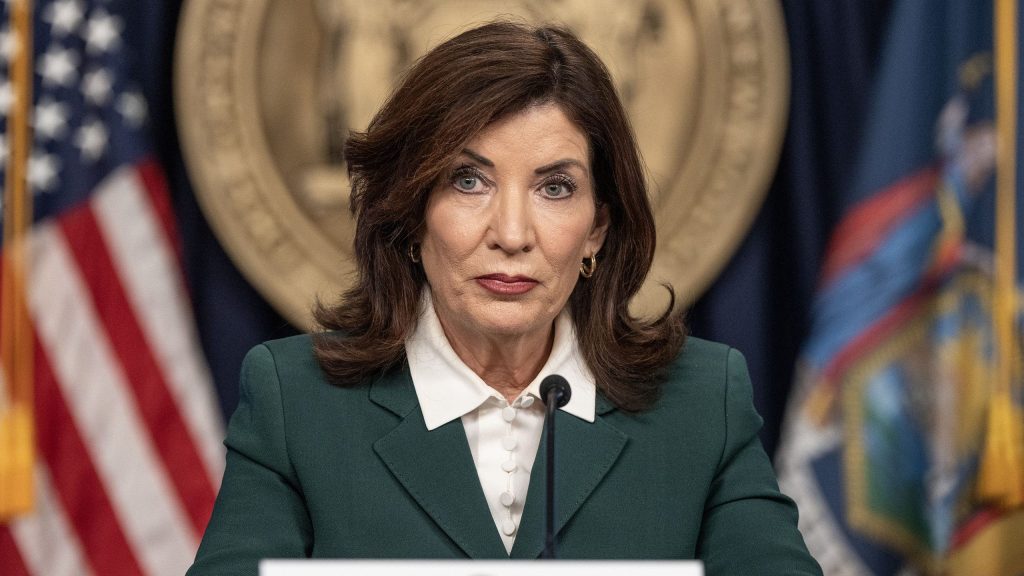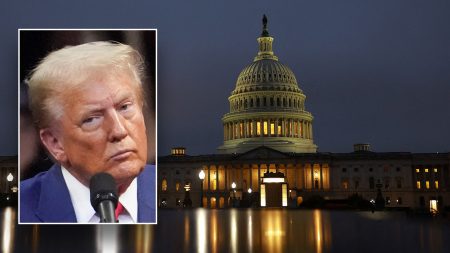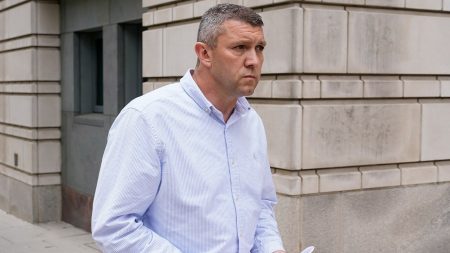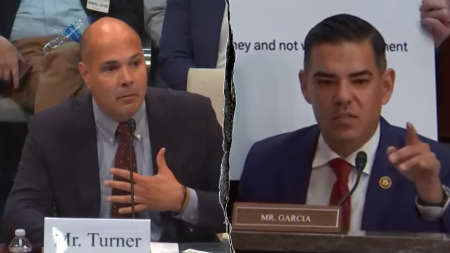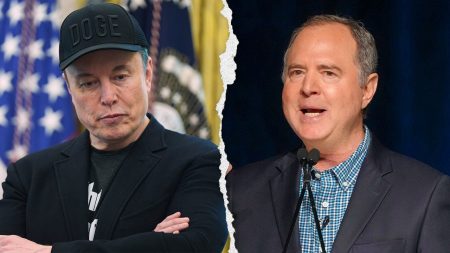The Climate Change Superfund Act, recently signed into law by New York Governor Kathy Hochul, marks a significant, albeit controversial, step in addressing climate change by holding fossil fuel companies financially accountable for their contribution to greenhouse gas emissions. Projected to generate an estimated $75 billion over the next 25 years, the law levies assessments on major oil and gas producers, both domestic and international, based on their carbon dioxide emissions. While proponents celebrate the act as a crucial measure for funding climate mitigation efforts and holding polluters responsible, critics raise concerns about its practicality, potential economic ramifications, and the legal challenges it is likely to face.
The legislation, modeled after existing federal and state superfund laws targeting polluters, aims to recoup costs associated with climate change impacts from the companies deemed most responsible. Supporters argue that the law addresses a critical gap in climate action by directly targeting the source of emissions and providing much-needed funding for adaptation and mitigation strategies. They point to the devastating consequences of climate change already impacting New York State, from rising sea levels to extreme weather events, emphasizing the need for substantial financial resources to address these challenges. Furthermore, proponents argue that the law fulfills a legislative role requested by courts, which have previously deferred decisions on climate culpability to lawmakers.
However, the Climate Change Superfund Act has been met with strong opposition from business groups and industry leaders who argue that the substantial financial burden imposed on energy companies will inevitably translate into higher energy costs for consumers. They express concerns about the potential negative impact on the state’s economy, suggesting that the increased cost of doing business in New York could discourage investment and economic growth. Opponents also question the legality and enforceability of the act, particularly with regard to collecting assessments from foreign-owned companies. They predict lengthy legal battles challenging the constitutionality and practicality of the legislation, potentially delaying or even preventing its implementation.
The financial implications of the act are substantial. Estimates suggest that Saudi Aramco, the Saudi Arabian oil giant, could face the largest annual assessment at $640 million, followed by Mexico’s state-owned Pemex at $193 million and Russia’s Lukoil at approximately $100 million. In total, 38 companies identified as major carbon polluters will be subject to these assessments, including American oil giants ExxonMobil and Chevron, European firms Shell and BP, and Brazil’s Petrobras. The vast sums involved underscore the magnitude of the financial burden placed on these companies and raise questions about their ability and willingness to comply.
Adding to the complexity of the situation is the timing of the Climate Change Superfund Act’s implementation, which coincides with other significant policy changes affecting New York consumers. The reinstatement of congestion pricing in New York City and the impending “cap and invest” rule from the Department of Environmental Conservation will further impact the cost of fossil fuel usage, raising concerns about the cumulative financial burden on residents and businesses. Consumer advocacy groups worry about the combined impact of these measures, urging careful consideration of the potential economic repercussions, particularly for lower-income households.
The Climate Change Superfund Act presents a bold attempt to address climate change by directly targeting major polluters and generating significant funds for mitigation efforts. However, the legislation faces significant opposition and legal challenges, raising questions about its ultimate effectiveness and potential economic consequences. The debate surrounding the act highlights the complex interplay between environmental policy, economic realities, and the need for innovative solutions to address the urgent challenge of climate change. The long-term impact of this legislation, both on New York State and the broader fight against climate change, remains to be seen, as its implementation and legal challenges unfold.

